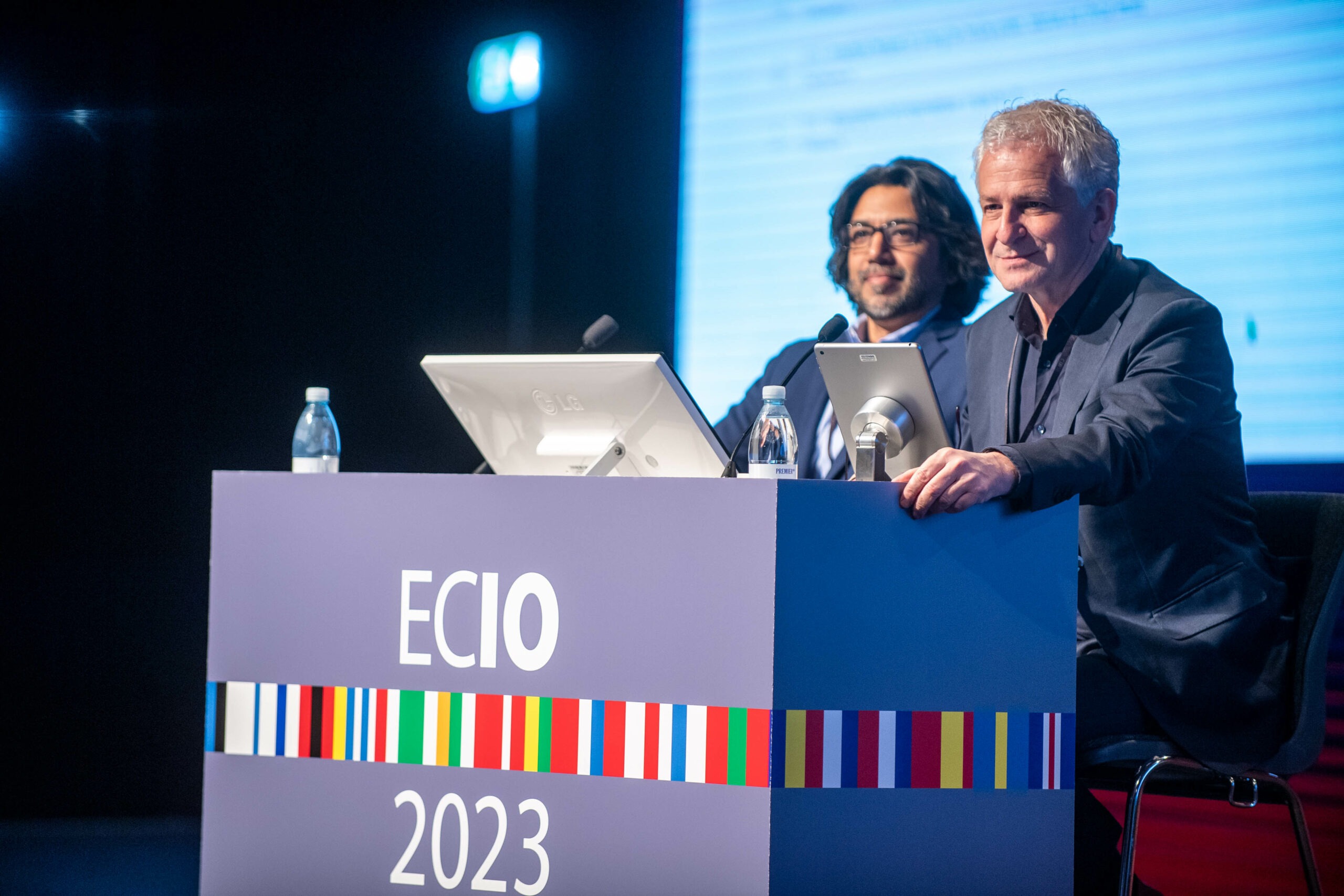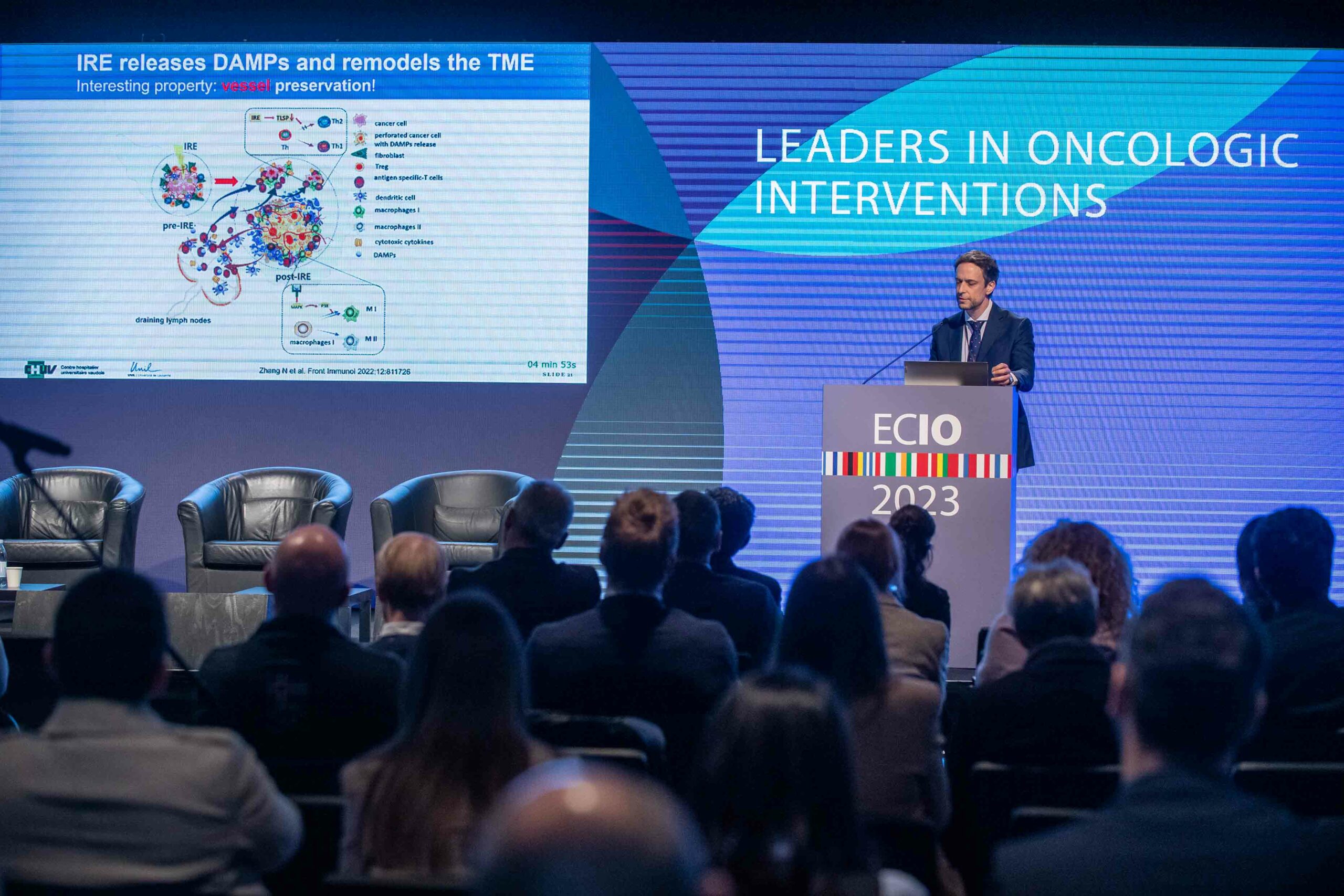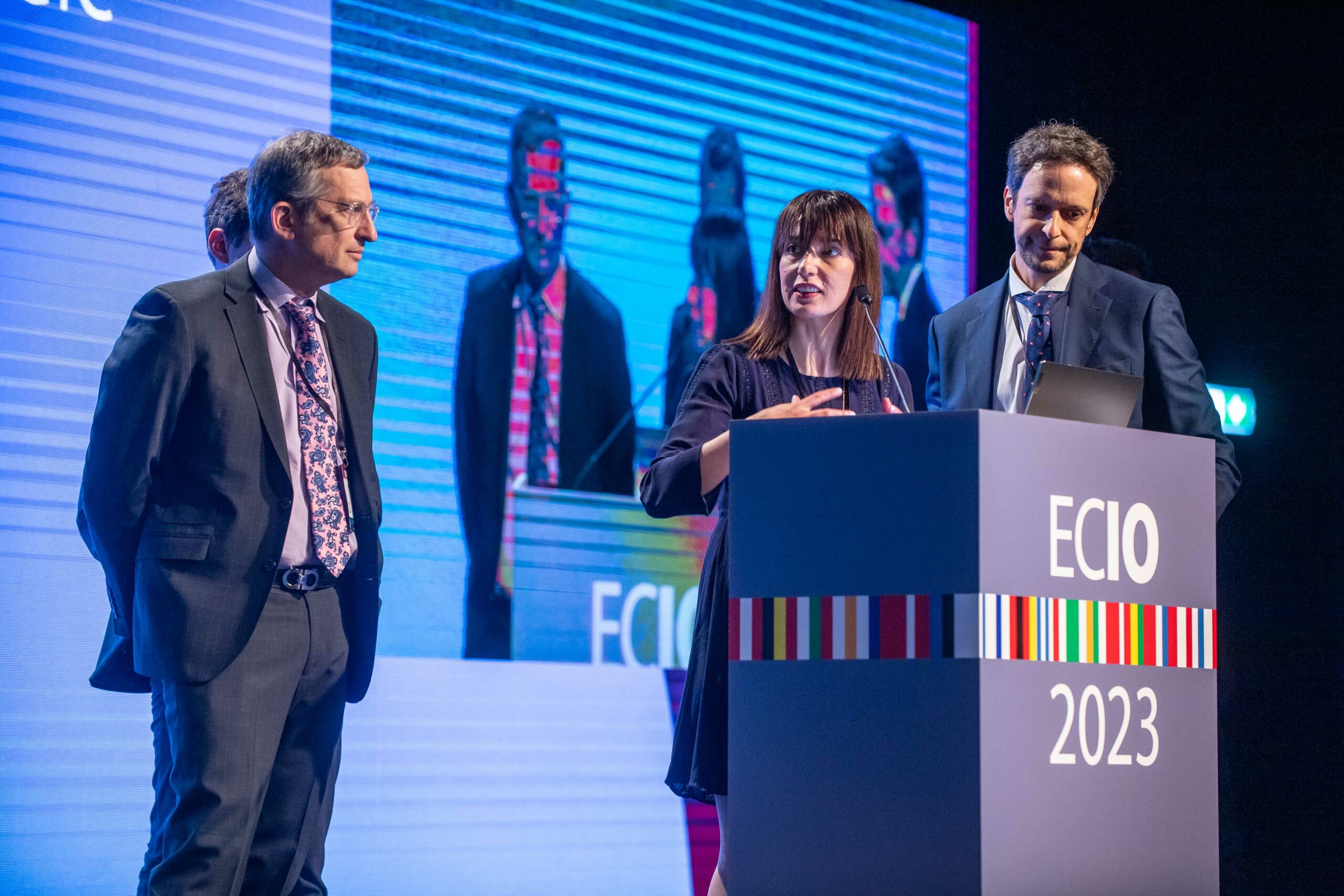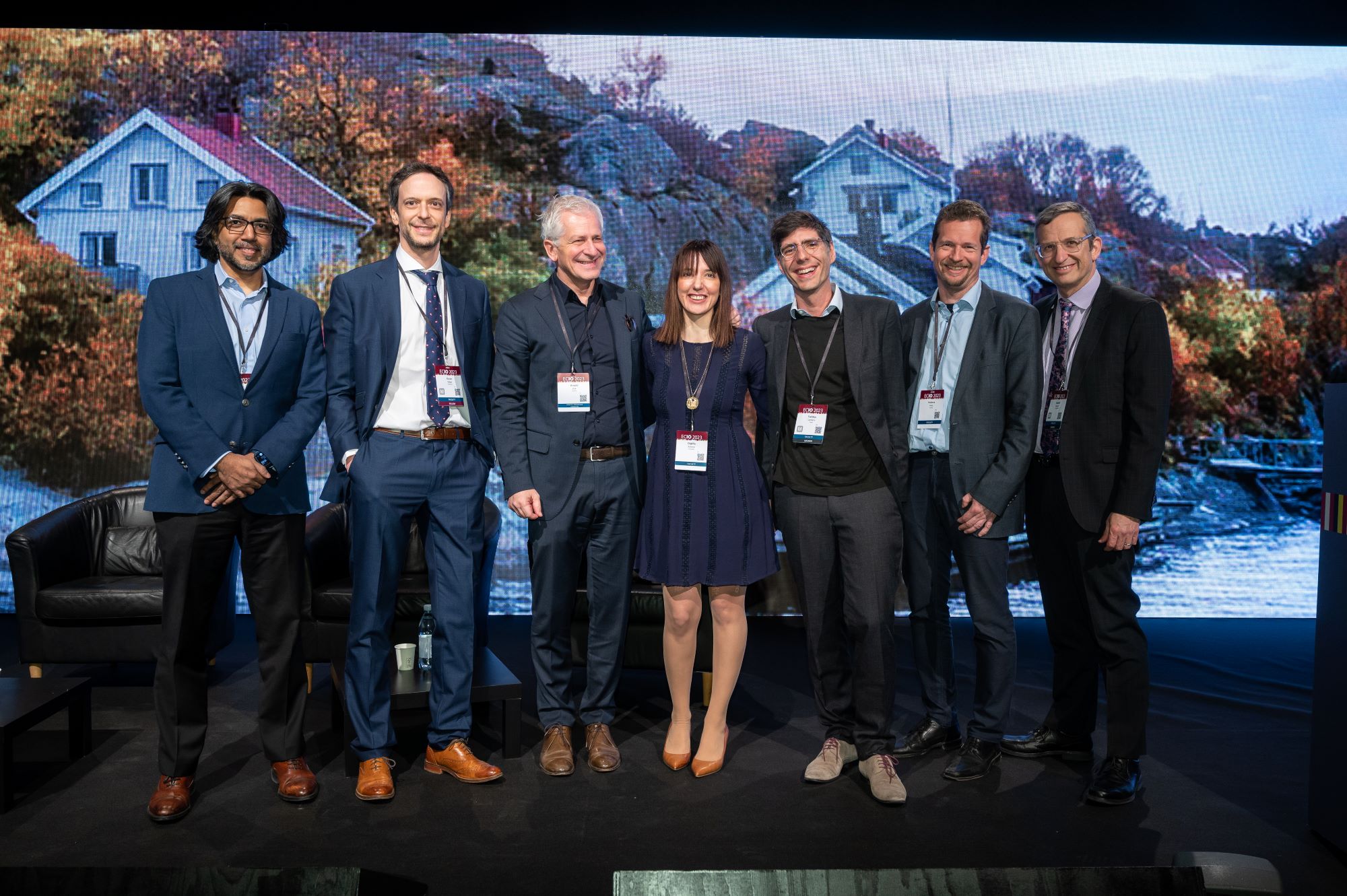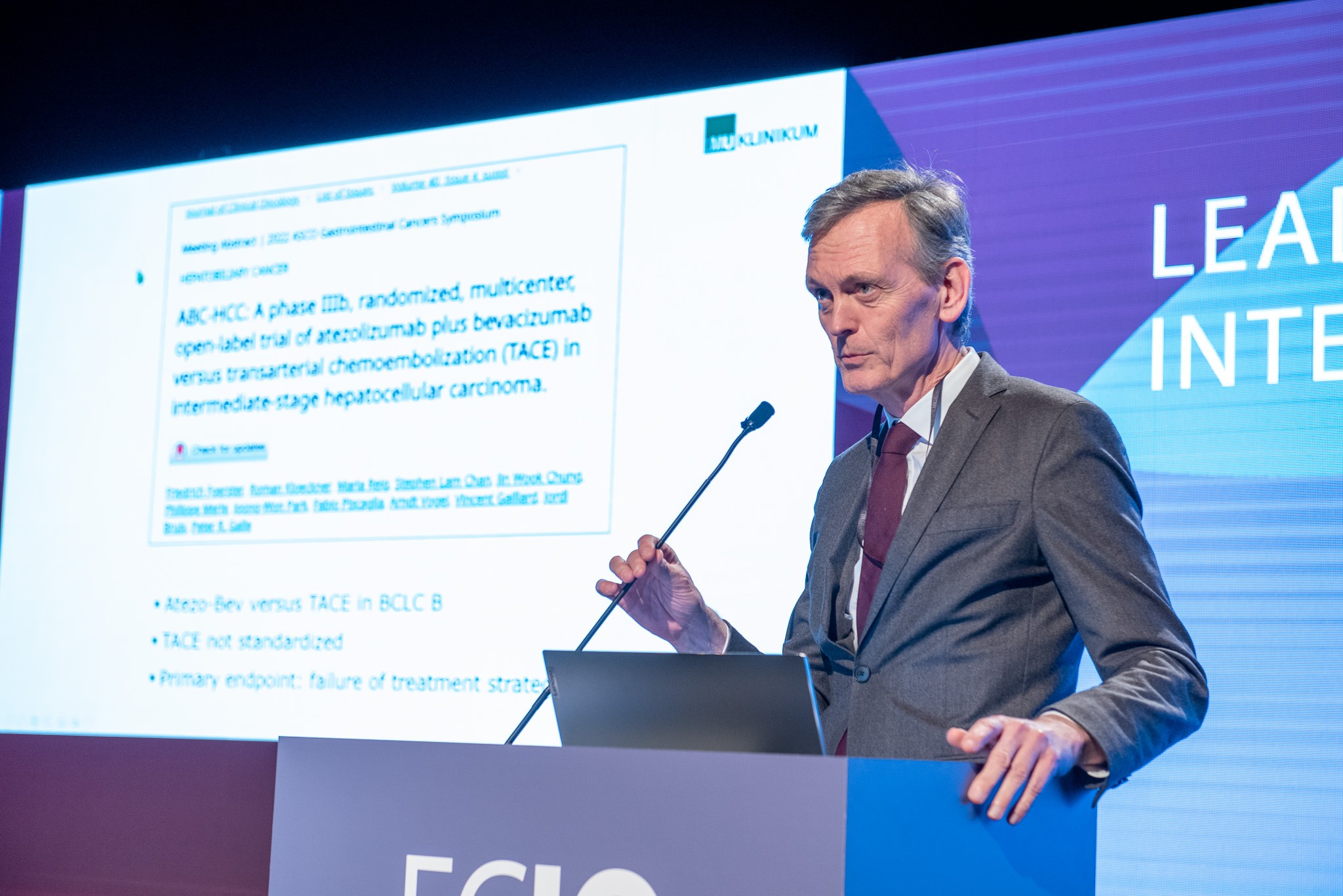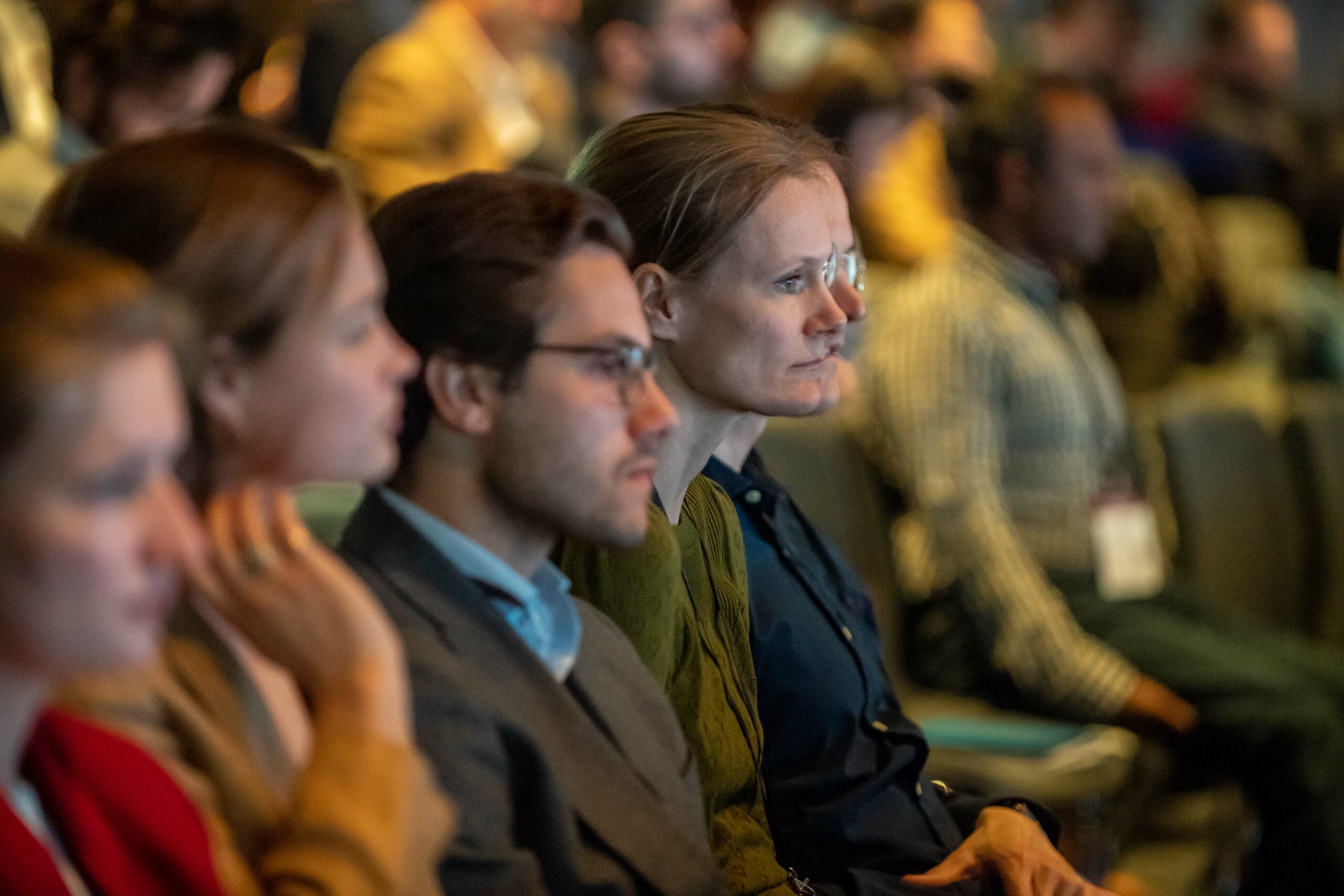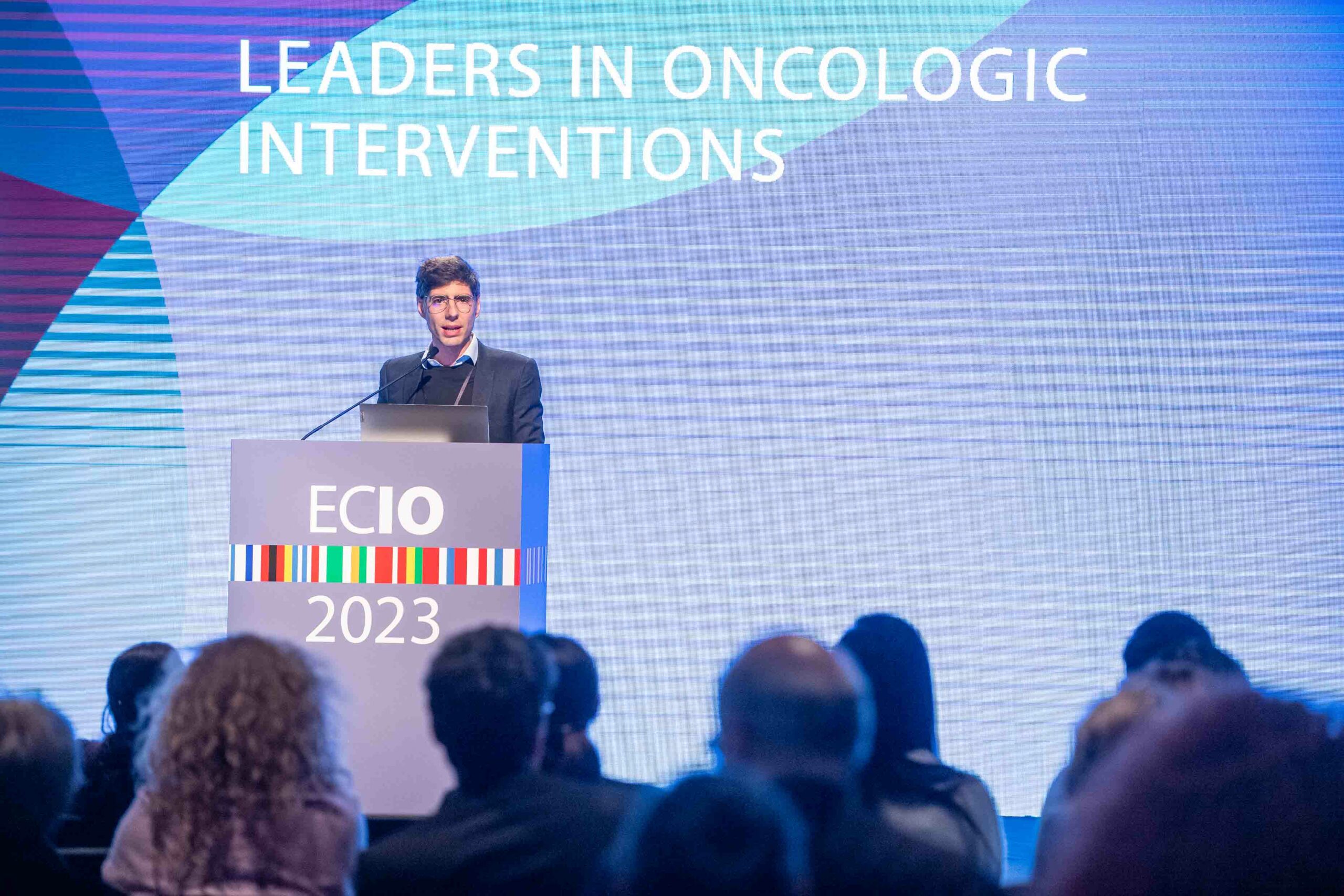June 7, 2023
The landscape of cancer care has changed drastically over the past twenty years. Interventional oncologists are well aware of this, having themselves seen the evolution of interventional oncology (IO) from a little-known, often palliative discipline to a dynamic and expanding field with first-line and curative treatment options.
As IOs continue the push to ensure interventional oncology’s place as the fourth pillar of cancer care, the emergence of immuno-oncology and its intersection with IO carry exciting possibilities for the future.
Immuno-oncology is one of the most innovative areas of cancer research – it seeks to use a patient’s own immune system to fight cancer by means of antibodies and antigens used to stimulate the immune system. A still-new tool in the oncology arsenal, immuno-oncology has gained a great deal of research momentum over the past five years, a trend that is expected to continue.
IO could be combined with immunotherapy with the possible goals of increasing the responsiveness of tumours to immunotherapy, or to provide a means for delivering immuno-agents to tumours. The promising benefits and current challenges of combining these two fields were a hot topic at ECIO 2023 – and we are sure to see more on this in the future.

